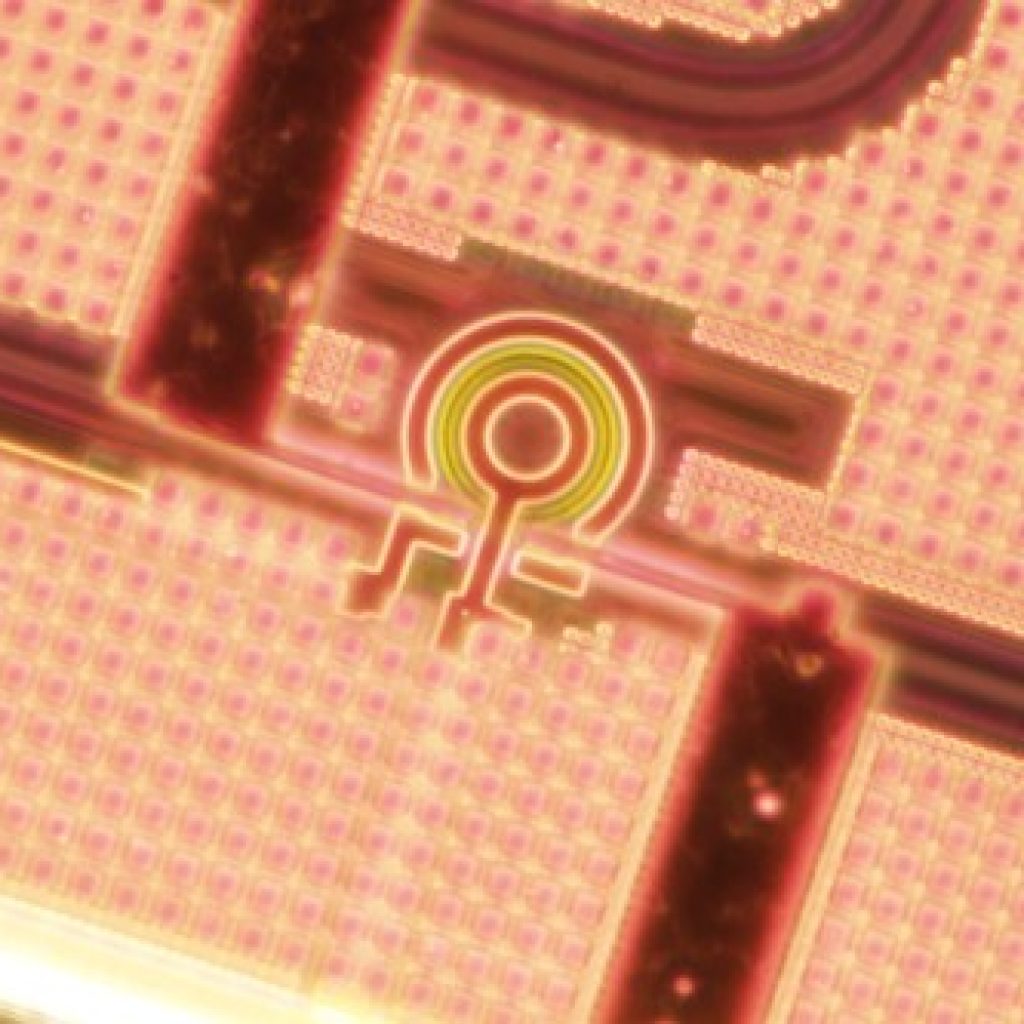A team of physicists hailing from the Universities of Bristol, Bath and Warwick says it has found a way to operate mass-manufacturable photonic sensors at the quantum limit, an accomplishment which could lead to broader development and usage of quantum sensors for practical applications.
A press release announcing the achievement stated, “Quantum sensing is poised to revolutionize today’s sensors, significantly boosting the performance they can achieve. More precise, faster, and reliable measurements of physical quantities can have a transformative effect on every area of science and technology, including our daily lives.”
One of the major challenges to overcome, however, has been that many quantum sensing schemes rely on special entangled or squeezed states of light or matter that can be difficult to generate and detect. Now, in a paper published in Physical Review Letters, the Bristol-led team shows how, through the use of ring resonators, components which can be mass-manufactured using common chip manufacturing processes, it is possible to perform high precision measurements of important physical properties without the need for sophisticated quantum states of light and detection schemes.
Alex Belsley, Quantum Engineering Technology Labs (QET Labs) PhD student and lead author of the work, said, “We are one step closer to all integrated photonic sensors operating at the limits of detection imposed by quantum mechanics.”
Employing this technology to sense absorption or refractive index changes can be used to identify and characterise a wide range of materials and biochemical samples, with topical applications from monitoring greenhouse gases to cancer detection.
Associate Professor Jonathan Matthews, co-Director of QETLabs and co-author of the work, stated: “We are really excited by the opportunities this result enables: we now know how to use mass manufacturable processes to engineer chip scale photonic sensors that operate at the quantum limit.”
At last month’s IQT Quantum Enterprise event in San Diego, Sandbox AQ CEO Jack Hidary, in a keynote speech, described quantum sensing as one of the major areas of focus for his company and a key aspect of “the third quantum revolution,” in which quantum engineering and AI combine in practical applications. “These are sensors that go beyond the classical regime to helps us sense the world around us, including things like gravitational fields, and that can helps us extend the fundamental limits of things like medical imaging.”
IQT Research also recently unveiled a new report: “Quantum Sensors: Market Evolution 2022 to 2031,” that delves deeper into this advancing evolution. The report summary noted, “Quantum sensors are rapidly commercializing. For example, we are entering an era when quantum sensors will become day-to-day realities in air traffic control and healthcare.”
The physicists that participated in the project leading to this week’s news said they believe the technology they are working on could be used “to sense absorption or refractive index changes can be used to identify and characterize a wide range of materials and biochemical samples, with topical applications from monitoring greenhouse gases to cancer detection.”
Aside from this week’s announcement, other researchers also have been hard at work on quantum sensing advancements. For example, researchers from the University of Chicago last month highlighted work on quantum sensors targeting neurodegenerative disease.
Dan O’Shea has covered telecommunications and related topics including semiconductors, sensors, retail systems, digital payments and quantum computing/technology for over 25 years.
Photo credit: Joel Tasker, QET Labs
